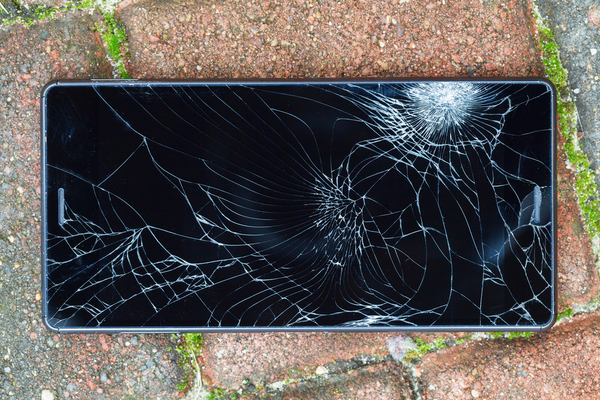The FCC Commissioner may be outraged, but the rest of America isn't surprised... Keep reading for more details on CBS Denver's investigation.
Federal Communications Commission Commissioner Ajit Pai says a CBS4 probe of a government cellphone program revealed fraud, waste and abuse in the government’s Lifeline cellphone program that he called “shocking.”
“The CBS4 story highlighted the fact that in places there are no safeguards, workers are signing up people using fraudulent certifications,” said Pai, one of five FCC commissioners.
The comments from one of the top administrators at the FCC came seven months after the CBS4 investigation and just weeks after Pai played the CBS4 broadcast report at a monthly FCC meeting so his four fellow commissioners could see problems with the program before they voted to broaden the program to include broadband service.
“This is an FCC program, and if we don’t take action, fraud like this will persist,” said Pai.
The 2014 CBS4 investigation showed repeated instances of fraudulent activity and waste in the Lifeline program in Denver. It’s an FCC administered program designed to provide free monthly cellphone service to the needy so they can have cellphone service allowing them to seek employment or call for emergency help if needed. Recipients are required to show official documentation like Medicaid, housing assistance or food stamp cards verifying their low income status in order to receive the free phone service.
But last year a vendor in Denver working under the FCC program had employees who volunteered to use someone else’s food stamp card to secure a free phone and service for a CBS4 producer who was not eligible for the program.
Vendors typically receive $3 for every phone they are able to give out. In other cases, vendors said a CBS4 producer could simply show someone else’s electronics benefit card in order to secure a free phone and service.
Pai said when he played the report June 18 for the public and his four fellow commissioners, “There was an audible gasp as you were able to get service based on someone else’s EBT card for example.”
The showing came as the FCC commissioners were considering expanding the Lifeline program to broadband so eligible recipients can receive broadband service the same way they currently receive cellphone service. Pai found it objectionable that the agency would consider expanding a massive program that’s been shown to be susceptible to abuse.
The program is funded by a universal service tax every cellphone user pays each month. It has grown from an $800 million program in 2009 to a $1.6 billion program today. The program is 23 times as large as when it began under the administration of President Ronald Reagan.
“It covers people who don’t need help,” said Pai. “There are no safeguards to make sure the dollars are spent wisely. In the middle of Denver at a tent this fraudulent activity was going on. If it can happen in Denver it can happen anywhere.”
Click here to read more from CBS Denver.
This story highlights the fundamental problem with federal bureaucracies -- they are so far removed from the people they purport to serve that fraud, waste, and abuse have become fundamental aspects of nearly every agency.
The good news is that a Convention of States can significantly limit the power of federal regulatory agencies, ensuring decisions about these and other programs are made as close as possible to the people they seek to serve.
Click here to learn more.


